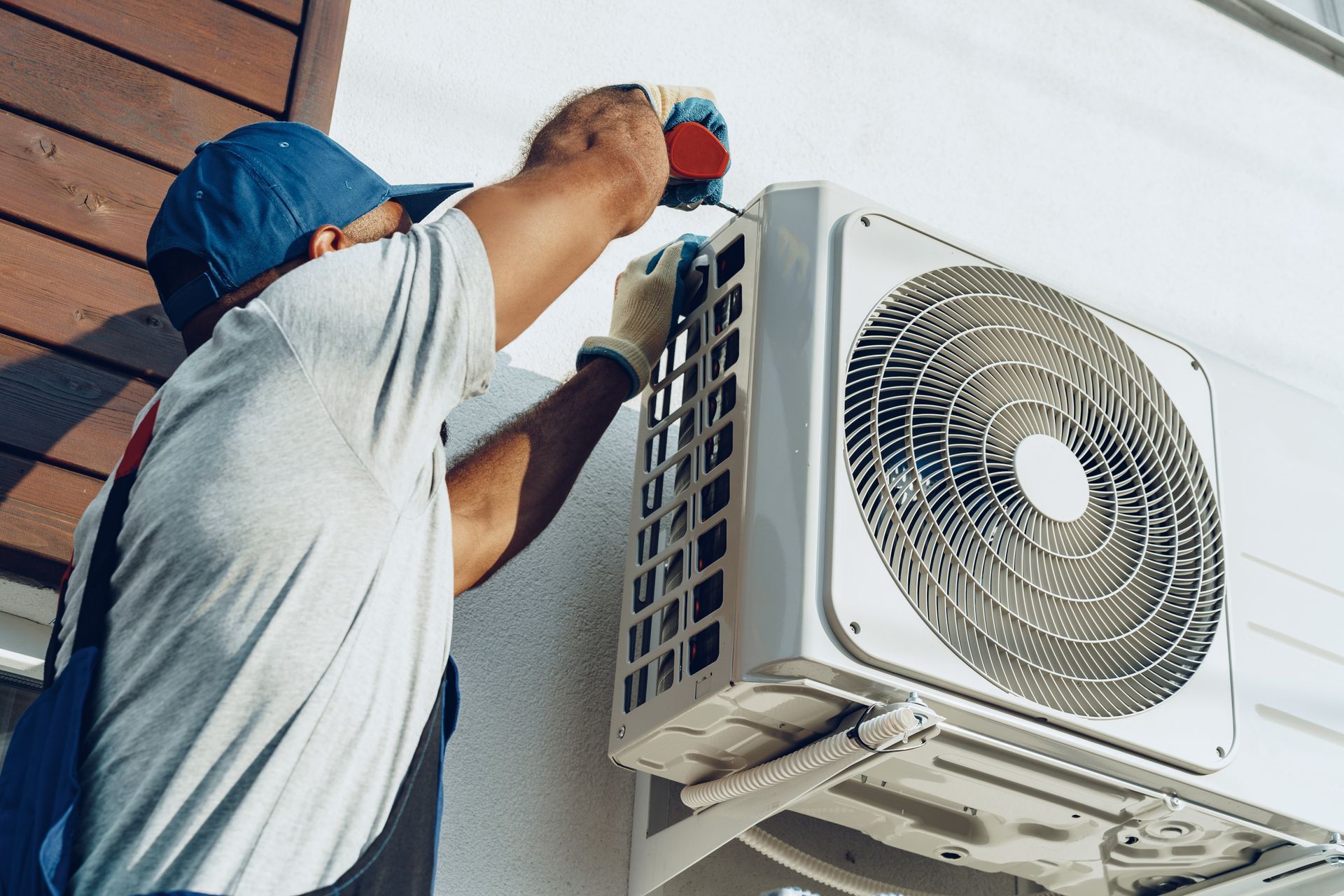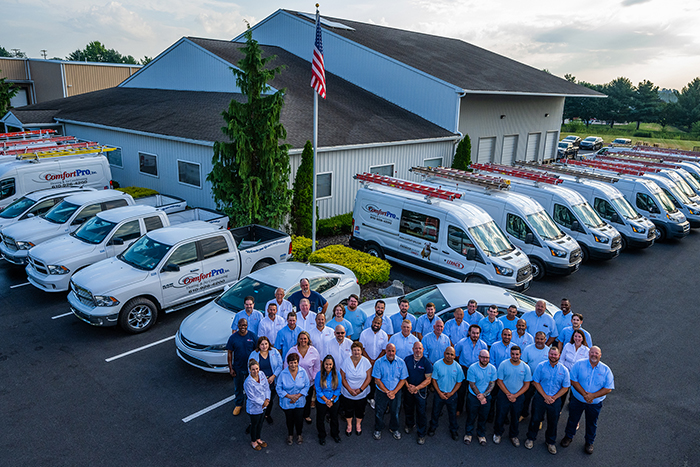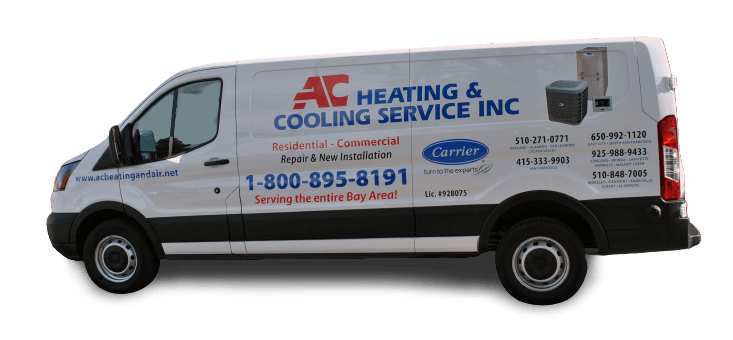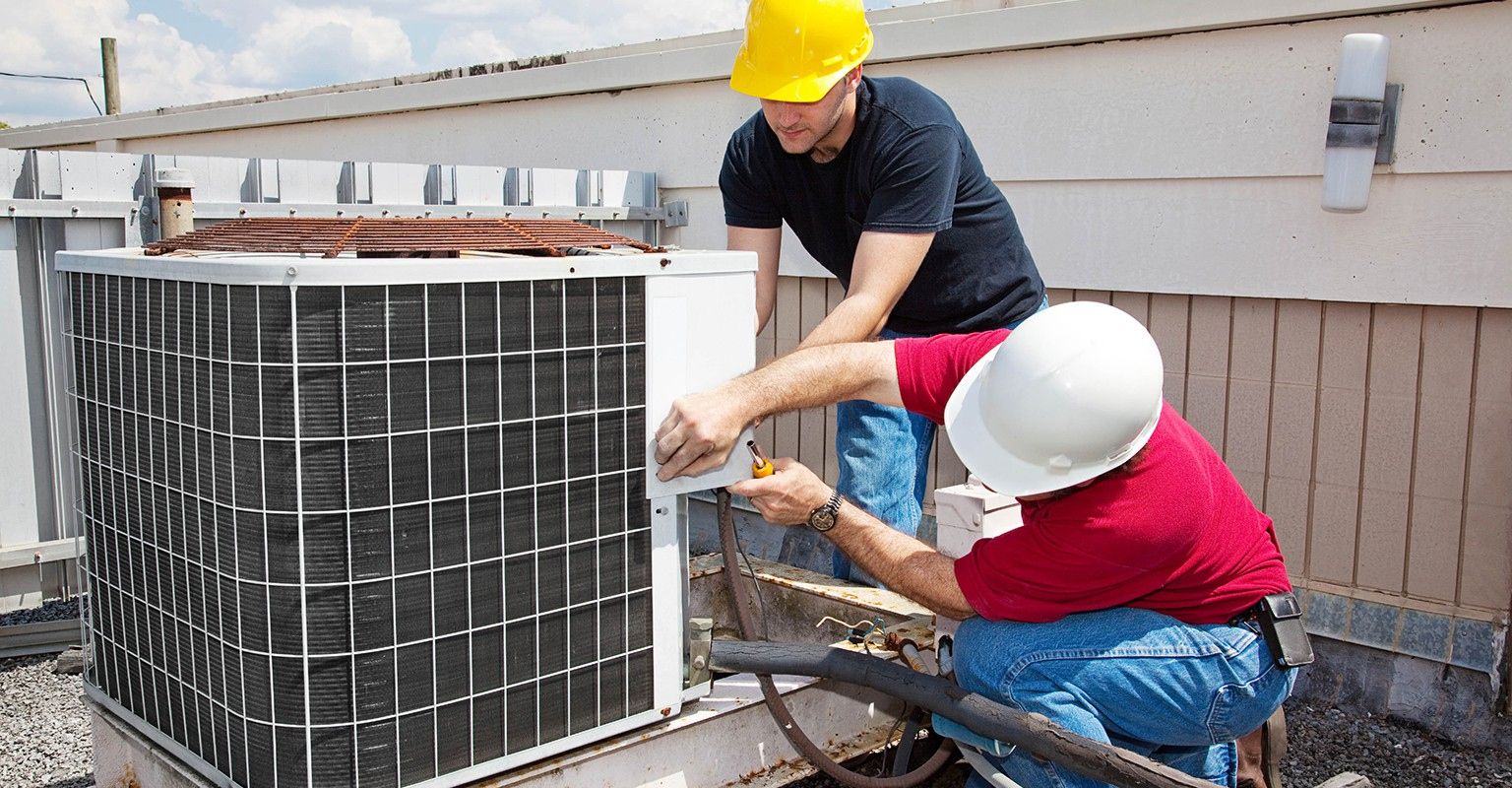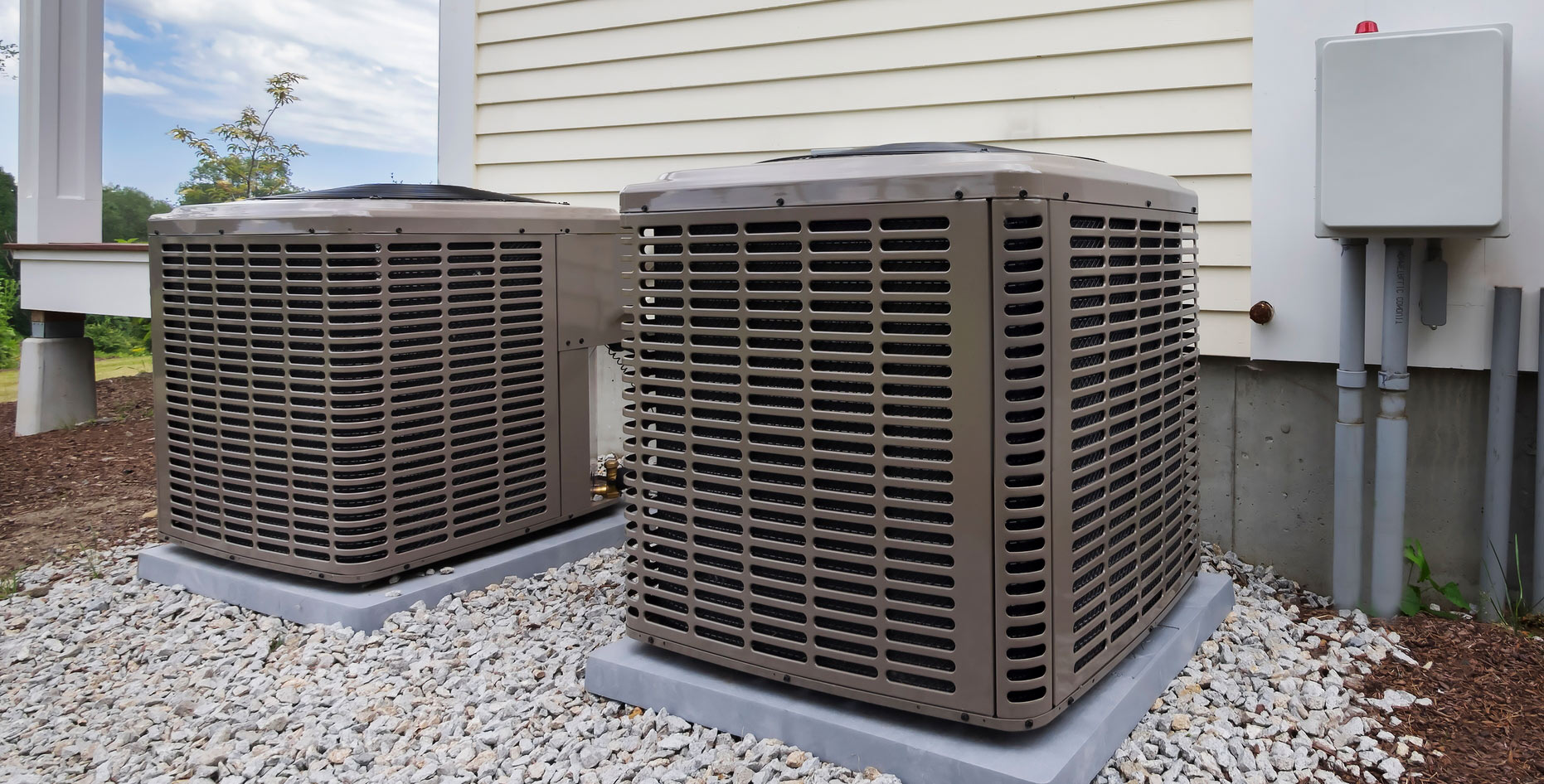Heating And Cooling Companies In My Area
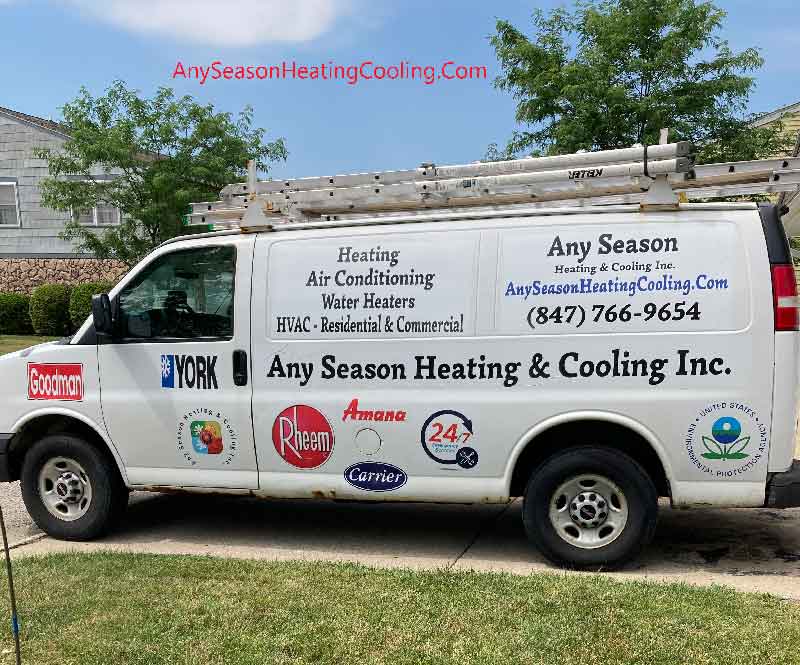
The heating, ventilation, and air conditioning (HVAC) industry is a vital sector, ensuring comfort, safety, and air quality in residential, commercial, and industrial buildings. Finding reputable heating and cooling companies in your area, whether for employment or service, requires careful consideration. This article provides a comprehensive guide for HVAC students, experienced technicians, employers, and anyone interested in this dynamic field.
The HVAC Landscape: A Growing Industry
The HVAC industry is experiencing steady growth, driven by factors such as new construction, increasing demand for energy-efficient systems, and the growing awareness of indoor air quality. According to the U.S. Bureau of Labor Statistics, the employment of HVAC mechanics and installers is projected to grow 6% from 2022 to 2032, about as fast as the average for all occupations. This translates to roughly 38,000 openings each year, stemming from growth and the need to replace workers who retire or transition to other occupations.
Job Outlook & Salary Expectations
The median annual wage for HVAC mechanics and installers was $59,620 in May 2023. The lowest 10% earned less than $37,570, and the highest 10% earned more than $87,850. Salary levels often depend on experience, location, certifications, and the specific employer. Entry-level positions, such as apprenticeships, typically start at a lower wage but offer valuable on-the-job training. Experienced technicians with specialized skills and certifications can command significantly higher salaries.
Specific geographic locations also influence salary. Areas with a high cost of living or those experiencing rapid construction growth often offer higher compensation to attract skilled HVAC professionals.
Identifying Reputable HVAC Companies in Your Area
Finding the right heating and cooling companies in your area can be done through various avenues:
- Online Directories & Review Sites: Platforms like Google, Yelp, Angie's List (now Angi), and the Better Business Bureau (BBB) provide listings of local HVAC companies and customer reviews. Pay close attention to the number of reviews, the overall rating, and the specifics of customer feedback.
- Professional Organizations: Organizations like the Air Conditioning Contractors of America (ACCA) and the Refrigeration Service Engineers Society (RSES) have member directories that can help you find qualified HVAC companies.
- Referrals: Ask friends, family, neighbors, or colleagues for recommendations. Personal referrals often provide the most reliable insights into a company's service quality and professionalism.
- Company Websites: Explore the websites of potential HVAC companies. Look for information about their services, certifications, experience, and customer testimonials. A professional and informative website is a good sign.
What to Look for in an HVAC Company
When evaluating heating and cooling companies in your area, consider the following factors:
- Licensing and Insurance: Ensure that the company is properly licensed and insured to operate in your state or locality. This protects you from liability in case of accidents or damages.
- Certifications: Look for companies that employ technicians with industry-recognized certifications, such as NATE (North American Technician Excellence), EPA Section 608 certification, and specific manufacturer certifications. These certifications demonstrate that the technicians have the knowledge and skills to perform HVAC work safely and effectively.
- Experience: Consider the company's experience in the industry. Established companies with a proven track record are often more reliable.
- Services Offered: Determine if the company offers the specific services you need, whether it's installation, repair, maintenance, or emergency service.
- Customer Service: Assess the company's customer service. Are they responsive to your inquiries? Do they provide clear and accurate information? Are they willing to address your concerns?
- Pricing: Obtain quotes from multiple companies and compare their prices. Be wary of companies that offer significantly lower prices than their competitors, as this may indicate substandard work or hidden fees.
- Warranty: Inquire about the company's warranty policy. A reputable company will stand behind its work and offer a warranty on parts and labor.
Career Paths in HVAC: From Apprentice to Master Technician
The HVAC industry offers a variety of career paths, ranging from entry-level positions to advanced roles. Here's a glimpse of some common career paths:
- Apprentice: Entry-level position involving on-the-job training under the supervision of experienced technicians. Apprenticeships typically last several years and combine classroom instruction with practical experience.
- HVAC Technician: Responsible for installing, repairing, and maintaining HVAC systems. Technicians diagnose problems, troubleshoot issues, and perform routine maintenance tasks.
- HVAC Installer: Specializes in the installation of new HVAC systems. Installers must be proficient in reading blueprints, using hand tools, and following safety procedures.
- HVAC Service Technician: Focuses on providing maintenance and repair services to existing HVAC systems. Service technicians often work on a variety of equipment and must be able to diagnose and resolve complex problems.
- HVAC Sales Engineer: Works with customers to design and sell HVAC systems. Sales engineers must have a strong understanding of HVAC technology and be able to communicate effectively with clients.
- HVAC Project Manager: Oversees HVAC projects from start to finish, ensuring that they are completed on time and within budget. Project managers must have excellent organizational and communication skills.
- HVAC Contractor/Business Owner: Owns and operates an HVAC company. Contractors are responsible for all aspects of the business, including marketing, sales, operations, and finance.
The Importance of Certifications
Certifications play a crucial role in the HVAC industry. They demonstrate a technician's knowledge, skills, and competency, and they can enhance career opportunities and earning potential.
- NATE (North American Technician Excellence): NATE is the leading certification organization for HVAC technicians in North America. NATE certification is widely recognized and respected by employers and consumers alike.
- EPA Section 608 Certification: This certification is required by the U.S. Environmental Protection Agency (EPA) for technicians who handle refrigerants. It ensures that technicians understand the proper procedures for handling refrigerants to prevent environmental damage.
- Manufacturer Certifications: Many HVAC equipment manufacturers offer certifications for technicians who are trained to install and service their specific products. These certifications can demonstrate expertise in specific equipment brands and models.
Real-World Career Examples
Consider these potential career trajectories:
Example 1: Maria starts as an HVAC apprentice after graduating from a technical school. She spends four years working alongside experienced technicians, gaining hands-on experience and completing her apprenticeship program. She earns her NATE certification and becomes a lead technician, specializing in residential HVAC systems. After several years of experience, she starts her own HVAC company, focusing on energy-efficient solutions.
Example 2: David begins his career as an HVAC installer, working on large commercial projects. He gains expertise in installing complex HVAC systems and earns manufacturer certifications for various equipment brands. He becomes a project manager, overseeing HVAC installations for hospitals and office buildings.
Employers: Finding and Retaining Skilled HVAC Professionals
For employers in the HVAC industry, attracting and retaining skilled workers is essential for success. Here are some strategies for finding and keeping top talent:
- Offer Competitive Salaries and Benefits: Attract and retain employees by offering competitive salaries, comprehensive benefits packages, and opportunities for advancement.
- Provide Training and Development Opportunities: Invest in training and development programs to help employees enhance their skills and knowledge. Offer tuition reimbursement for employees who pursue certifications or advanced education.
- Create a Positive Work Environment: Foster a positive and supportive work environment where employees feel valued and respected. Encourage teamwork, communication, and collaboration.
- Offer Apprenticeships and Internships: Partner with local technical schools and colleges to offer apprenticeships and internships to students. This provides a pipeline of skilled workers for your company.
- Promote from Within: Recognize and reward employees who demonstrate exceptional performance and potential. Offer opportunities for advancement within the company.
- Highlight Company Culture and Values: Clearly communicate your company's culture and values to attract candidates who align with your organization's mission and goals.
Industry Trends Shaping the Future of HVAC
The HVAC industry is constantly evolving, driven by technological advancements, changing regulations, and growing consumer demand for energy-efficient and environmentally friendly solutions. Here are some key trends shaping the future of HVAC:
- Smart HVAC Systems: Smart thermostats, sensors, and controls are becoming increasingly popular, allowing homeowners and businesses to monitor and adjust their HVAC systems remotely and optimize energy efficiency.
- Energy Efficiency: There's a growing focus on energy-efficient HVAC systems that reduce energy consumption and lower utility bills. High-efficiency furnaces, air conditioners, and heat pumps are becoming more common.
- Indoor Air Quality (IAQ): There's increasing awareness of the importance of indoor air quality, leading to the adoption of air purifiers, filtration systems, and ventilation strategies to improve IAQ.
- Renewable Energy Integration: HVAC systems are increasingly being integrated with renewable energy sources, such as solar panels and geothermal systems, to reduce reliance on fossil fuels.
- Refrigerant Transition: The HVAC industry is transitioning to new refrigerants with lower global warming potential (GWP) to comply with environmental regulations.
By staying informed about these trends, HVAC professionals and companies can adapt to the changing landscape and position themselves for success in the future.
Finding reliable heating and cooling companies in your area requires careful research and consideration. Whether you're a student, a technician, or an employer, understanding the key factors discussed in this article will help you make informed decisions and thrive in the dynamic HVAC industry.
